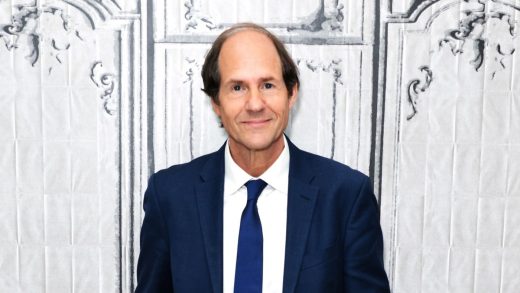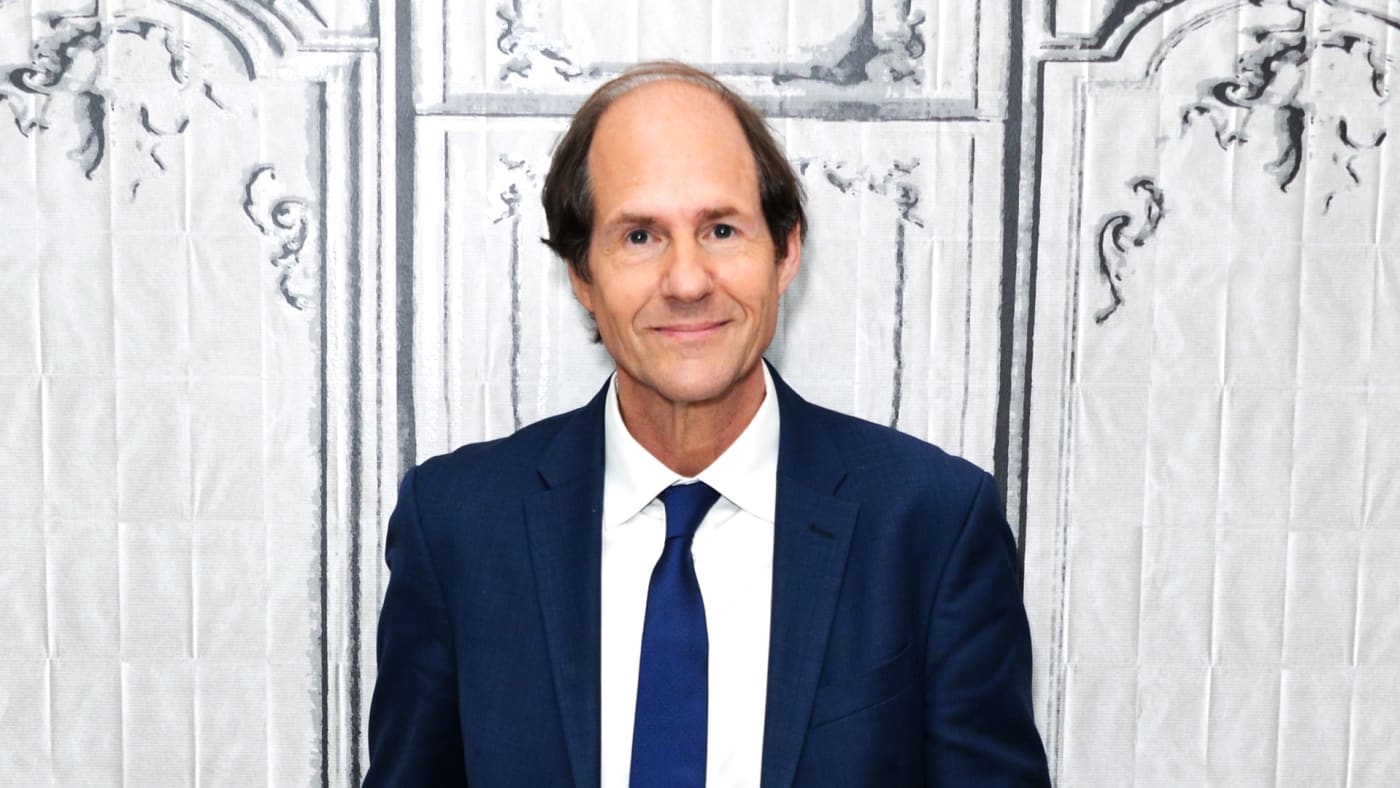Cass Sunstein talks nudging, and knowing what works and what doesn’t
This interview originally appeared at The Behavioral Scientist.
In 2007, a year before Cass Sunstein published Nudge with Richard Thaler, two law professors from Vanderbilt University coined a term meant to bring attention to Sunstein’s astonishingly prolific nature: the Sunstein number. Modeled after the Erdos number, which gave anyone who collaborated directly with the famously productive mathematician Paul Erdos an Erdos number of 1, and anyone who wrote with one of his coauthors a number of 2, the Vanderbilt authors found 57 scholars with a Sunstein number of 1, and 768 with a 2.
Though we haven’t counted again ourselves, we bet those numbers have since skyrocketed—especially since Sunstein has written 22(!) books since Nudge. Sunstein is a potent blend of scholar and scientist—an intellectual who is perpetually testing and sharpening his own theories through the collaborative process. And that includes his theories around nudging and behavioral science in policy. This fact made him the ideal person to talk to about nudging then, now, and in the future. Plus, he just wrote another book, called The Cost-Benefit Revolution. Below is our edited email exchange.
The Behavioral Scientist: In which area of public policy do you see the greatest potential for behavioral science to have a positive impact—perhaps a place where it’s not currently being utilized?
Cass Sunstein: The reduction of poverty. All over the world, people are suffering from severe deprivation. The public and private sectors could do much more to help. Making it easier for people to obtain access to that help—educational opportunities, employment, medical care, food, even clean water—could do so much to improve people’s lives. Better choice architecture could make all the difference.
BS: What misconception(s) of Nudge do you still encounter that you’d like to put to bed?
CS: The first is that nudges are a form of manipulation. They really aren’t! (Information is hardly manipulative. Disclosure of hidden fees is not manipulative.) The second is that nudges are just tweaks and cannot do anything major. That is false. Some nudges are having massive effects. For example, millions of children are getting free school meals as a result of the direct certification program from the U.S. Department of Agriculture. The third, and in my view, the most idiotic, is that an emphasis on nudges “crowds out” stronger interventions. That’s preposterous, even though some very smart people believe it. (Okay, it might have happened once, or twice, but still, it’s preposterous.)
In general, discussions of nudging are sometimes derailed because people use big abstractions (about manipulation, about the nanny state, about freedom, about tyranny) without asking about particular nudges, and seeing which, if any, offend the abstractions. My response is to this is pretty technical: aaargh.
BS: Have you ever fielded a question from a reader of Nudge that was so insightful it prompted you to rethink your theories, or sparked the idea for new research?
CS: Yes! Riccardo Rebonato wrote a terrific book called Taking Liberties that prompted me to think better and much harder about many things, including active choosing as an alternative to default rules. My book Choosing Not to Choose probably wouldn’t exist if not for Rebonato’s superb work. Individual questions from colleagues and students have also had a big impact, for example, on my efforts to do better on the ethical questions arguably raised by some nudges.
BS: You recently wrote a new book, The Cost-Benefit Revolution, that makes the case for policymakers to evaluate potential policies through the lens of facts, rather than values, intuition, and anecdotes. Tell us more about the impetus for the book and why it’s a revolution.
CS: Part of the impetus was enthusiasm for being very empirical about the human consequences of interventions—both good consequences and bad ones. In the United States, the revolution has been real, from Ronald Reagan’s presidency to the present. (This Revolution Has Not Been Televised.) At least this is so in the sense that regulatory policy is often being made with close reference to the question: What are we getting, exactly, and what are we losing? On large issues and small ones, that is the central question.
But in working with other countries, I noticed, often, an absence of careful attention to costs and benefits, even from very impressive people. This is true of the left, the right, and the center. People often think, “It is good to do this!”—even though they lack clarity on the costs and benefits of doing this. That’s so, by the way, for behaviorally informed interventions, as well as for mandates and bans.
Also—an additional impetus—many disputes are really about facts, not values, even though people think they are about values, not facts. I wanted to explore that possibility.
At the same time, I have been increasingly interested in the limits of cost-benefit analysis, and how to overcome them. Frequently, regulators don’t know enough to project costs or benefits. They suffer from a serious “knowledge problem.” (Friedrich Hayek is a hero of mine.) How can that problem be solved? Sometimes, a good quantitative understanding of costs and benefits doesn’t tell us what we need to know, which is the effect of policies on human welfare. The book explores these problems in some detail and tries to signal some paths forward. We could do so much better in the United States—and in Germany, France, Denmark, Mexico, Spain, Italy, and countless other places as well.
BS: How do you take into account our current political culture, which some people have called “post-fact,” and where some factions create their own (false) sets of facts to advance policy ideas?
CS: Many governments allow a large role for specialists, who really know what they are doing. I am speaking here of democracies, which are accountable to the people, and ultimately controlled by them. At the same time, well-functioning democracies ensure that problems of highway safety are assessed by people who know a lot about highway safety, and so too for issues that involve food safety, occupational health, smoking cessation, and environmental quality. We need a larger role for experts, not a smaller one.
BS: Like Kahneman and Tversky, you and Richard Thaler have had a rich professional partnership and friendship. Why do you think you worked so well together? And what have been a couple of your favorite moments from your collaboration?
CS: We had, and continue to have, a lot of fun! We laugh together a lot. That is maybe the secret sauce. We also have complementary backgrounds. My focus is on law and public policy, with a keen interest in behavioral economics. He’s the most important figure behind behavioral economics, with a keen interest in law and public policy. That’s a perfect mix, I think.
One favorite moment was a lunch in which Thaler arrived, all excited about an idea he had, called “choice architecture.” I was skeptical and asked a ton of questions. I worried: Our book is about libertarian paternalism, which is clear and crisp (I thought!)—what’s this choice architecture stuff? By the end of the lunch, he persuaded me, and we were off to the races. (I remember this as if it were (October 01, 2018).)
Another favorite moment was a workshop we did at the University of Chicago Law School, involving a paper we wrote together with Christine Jolls (now at Yale). Thaler was the main presenter. I have never seen such hostility in a workshop. People were very angry at us. It got ugly. No one who was there will ever forget it. But it’s a favorite moment, still, because Thaler kept his cool throughout, and keep asking, in response to rude questions, about what the evidence actually said.
In general: We had lunch together a lot, just the two of us, at a little Hyde Park restaurant. Even if we never produced anything, those would be precious memories. (We talked just last night, and that was great, too.)
BS: What’s the next big question you think behavioral scientists ought to be studying?
CS: What Hayek said about planners and markets is also true for any individual’s prescriptions about what people ought to be studying: Knowledge is widely distributed in society. That means that any individual should hesitate before prescribing.
But here’s a rule of thumb: People should study what they’re excited about studying, and where they think they can add to knowledge or make a difference. I would add only that plenty of people are suffering on our planet, and if we can help our brothers and sisters, well, that’s the greatest honor there is.
Read The Behavioral Scientist’s series, “Nudge Turns 10,” and a Q&A with Richard Thaler.
Elizabeth Weingarten is an editor at the Behavioral Scientist, as well as director of the Global Gender Parity Initiative at the think tank New America and senior fellow in its Better Life Lab.
(54)



